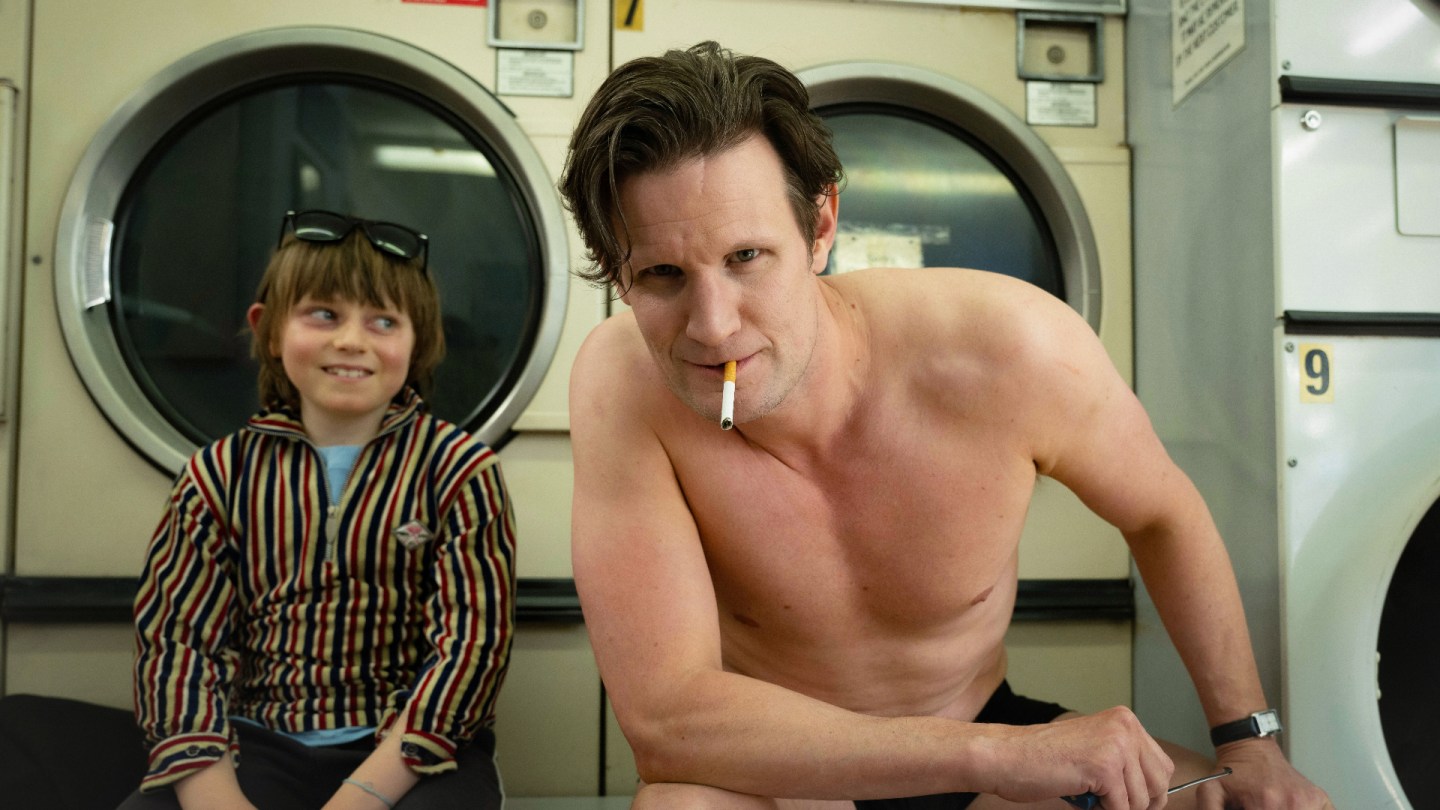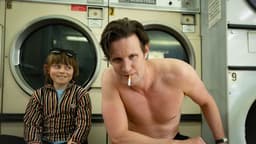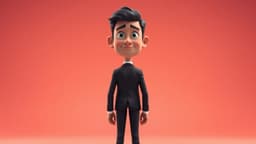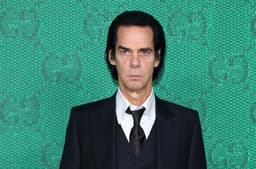Home / Arts and Entertainment / Grieving Father and Son Embark on Chaotic Road Trip in Adaptation of Nick Cave's Novel
Grieving Father and Son Embark on Chaotic Road Trip in Adaptation of Nick Cave's Novel
13 Oct
Summary
- Adaptation of Nick Cave's 2009 novel 'Bunny Munro'
- Story follows a sex-addicted salesman and his young son on a road trip after the mother's suicide
- Creative team drew inspiration from 1970s cinema, 'Natural Born Killers', and 'Apocalypse Now'

In October 2025, the highly anticipated adaptation of Nick Cave's 2009 novel 'Bunny Munro' is set to premiere on Sky. The series follows Bunny Munro, a sex-addicted door-to-door beauty product salesman, and his nine-year-old son Bunny Junior as they embark on an epic and increasingly out-of-control road trip across southern England after the death of Bunny's wife Libby by suicide.
The creative team, including director Anja Eklöf and writer Rowan Joffe, faced the challenge of adapting Cave's novel, which Joffe described as exploring the protagonist's "darker impulses and his secret shames and his mad kind of desires." To capture the essence of the story, the team drew inspiration from 1970s cinema, including the works of John Cassavetes and David Lynch, as well as more contemporary references like 'Natural Born Killers' and 'Apocalypse Now.'
Eklöf also took a unique approach to the visual style, actively objectifying the male characters to create a "female gaze" and balance the objectification of women that is central to Bunny's character. The result is a visually striking and thematically complex adaptation that aims to shock, challenge, and connect with viewers.




